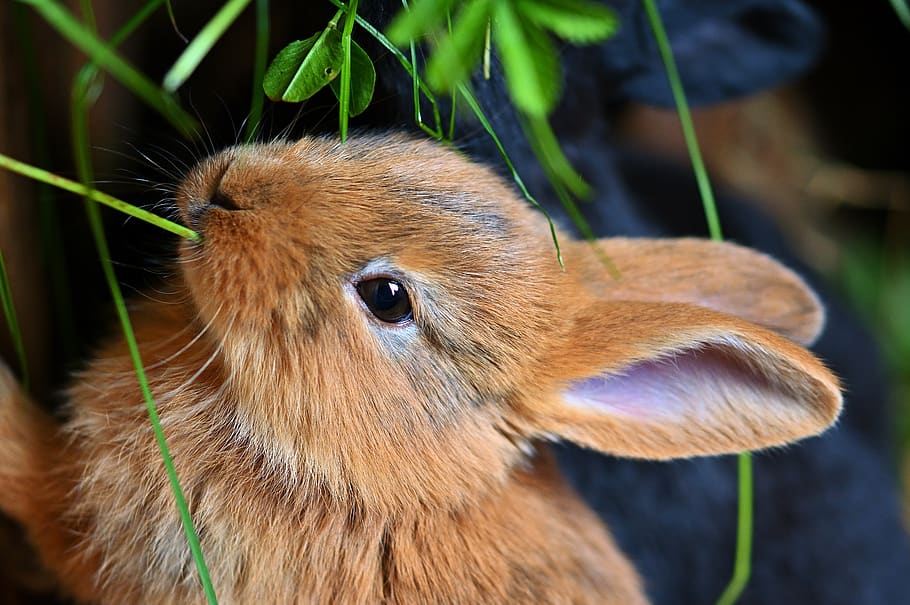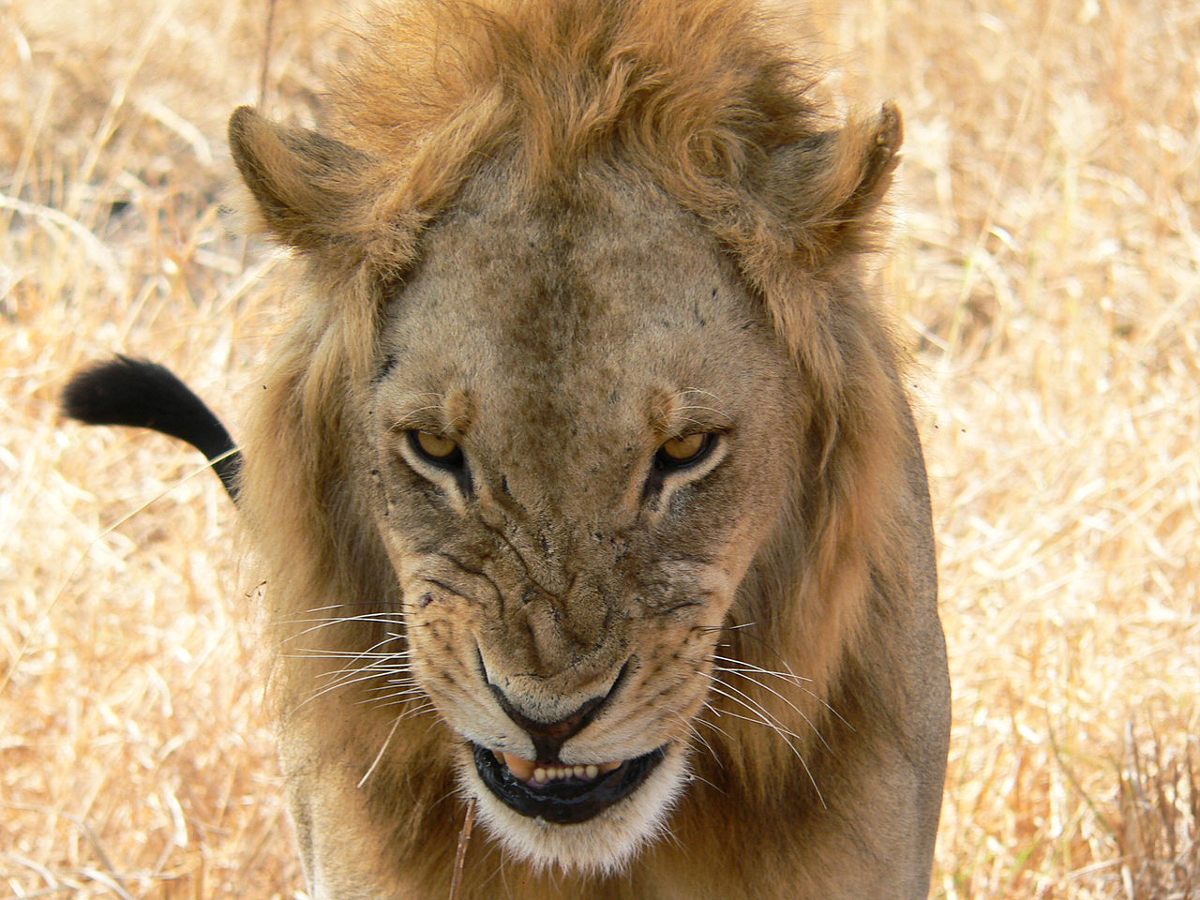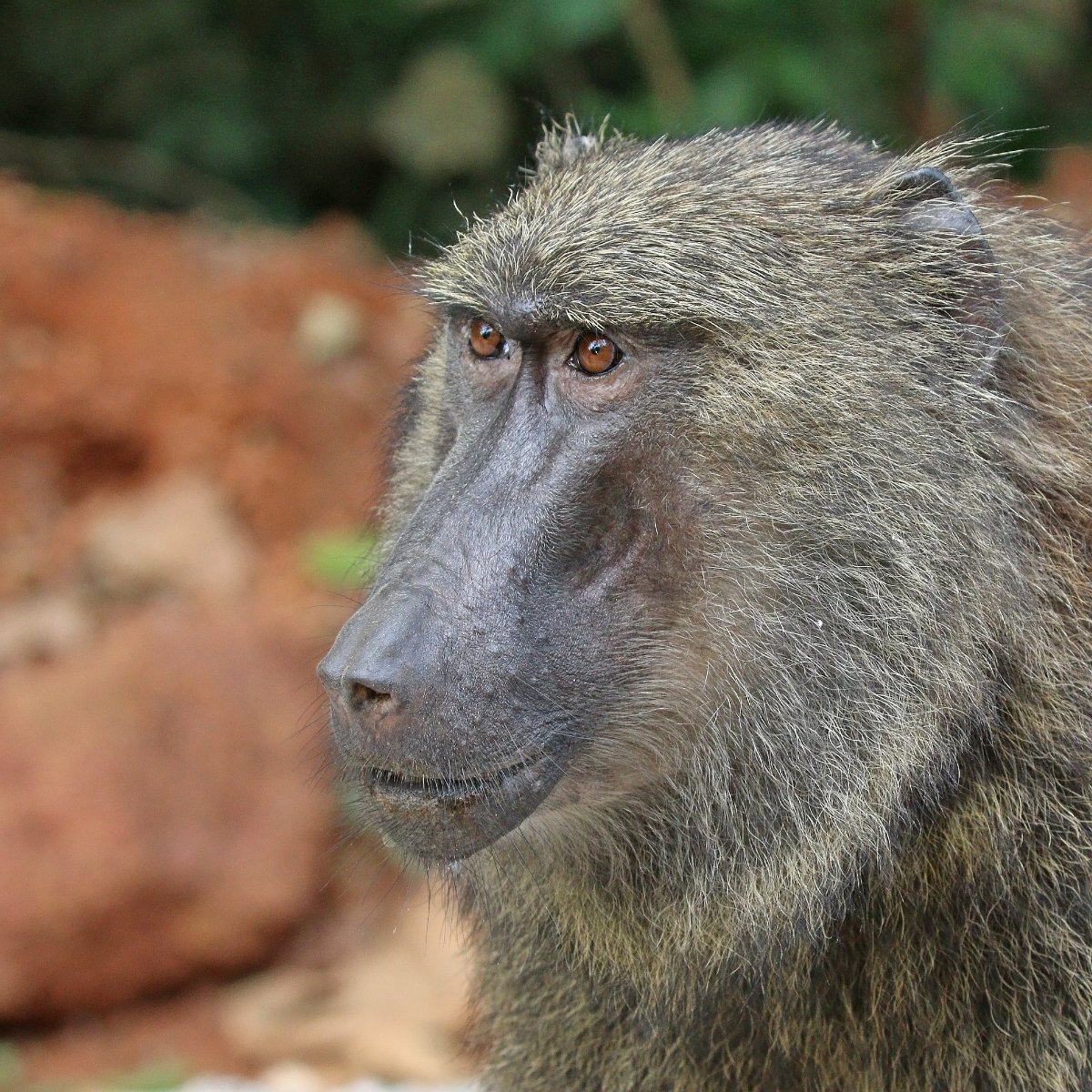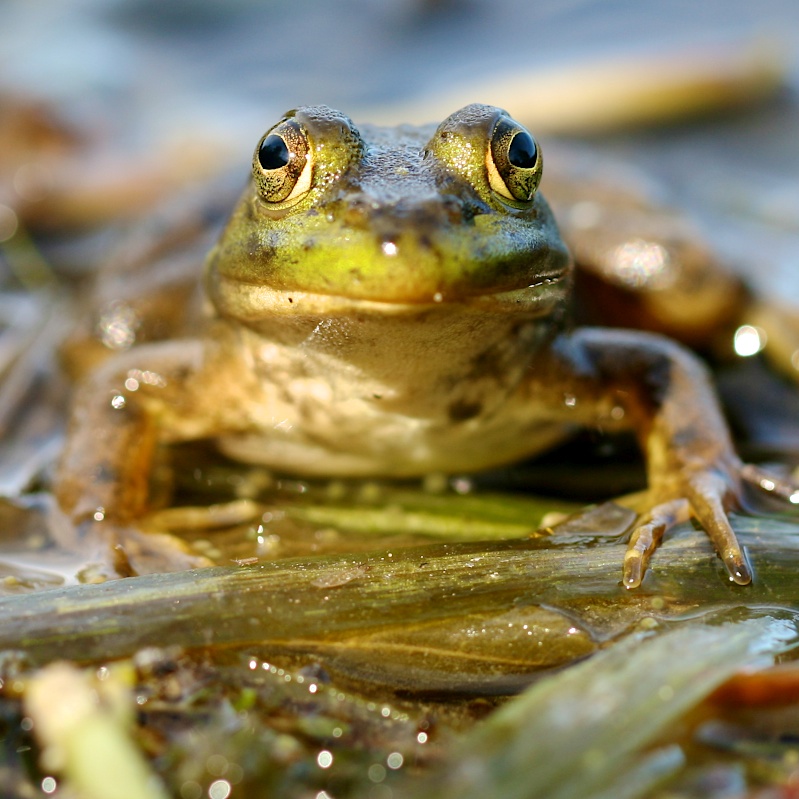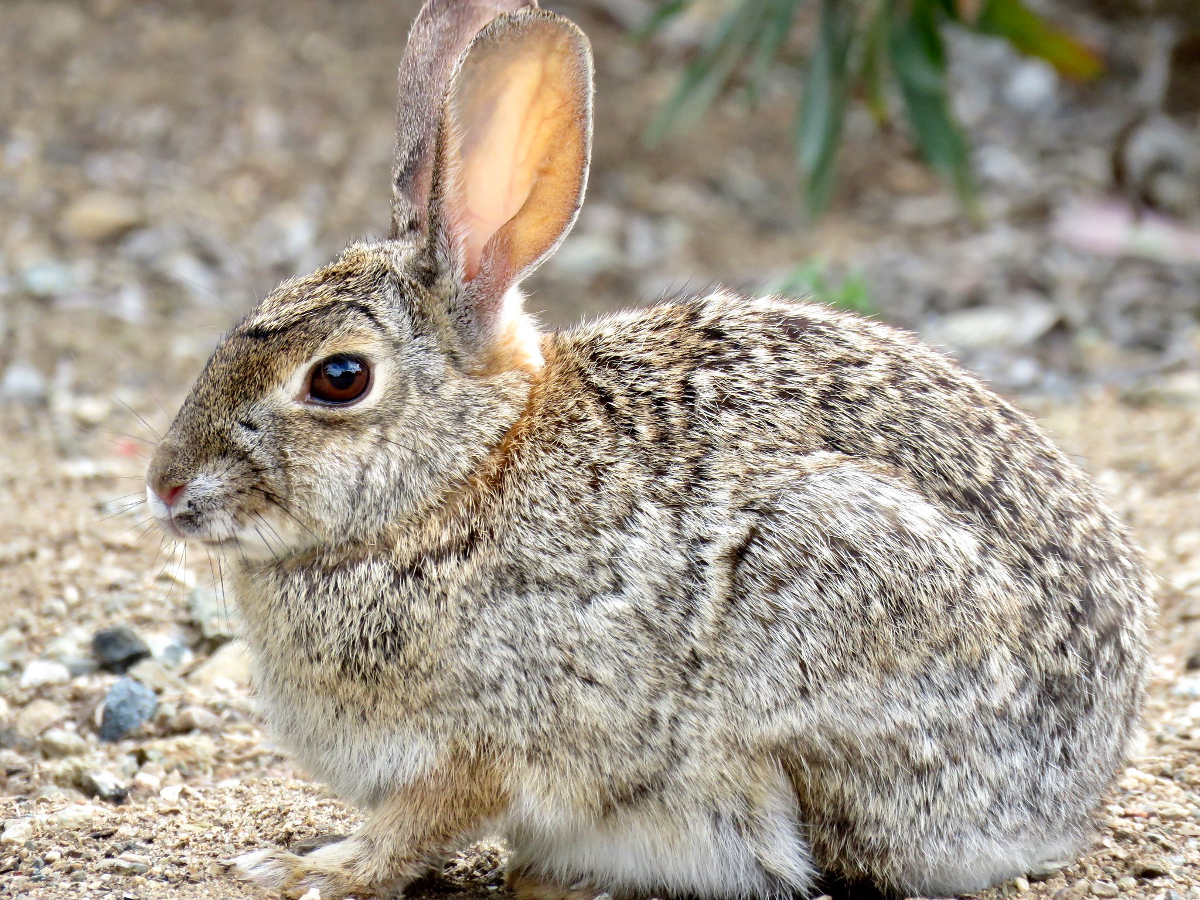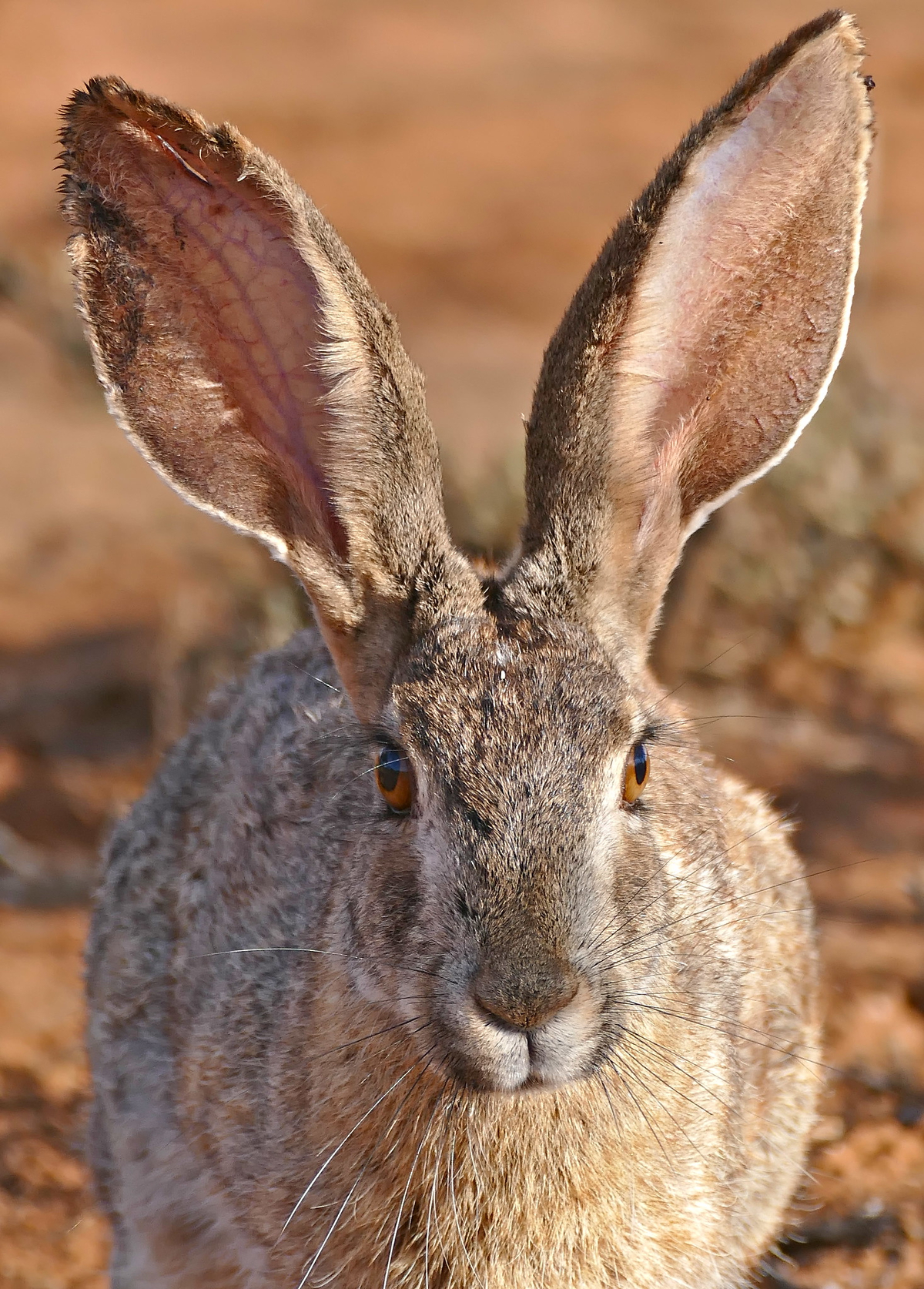Proverbs and stories as OER, open educational resources. The focus for 2021: proverbs and stories from Africa.
Monday, November 29, 2021
The Young Rabbit and the Cow
Sunday, November 28, 2021
The Friendship of the Cat and the Rat
Saturday, November 27, 2021
The Lion Who Became a Woman
Friday, November 26, 2021
The Lion and Mr. Hunger
There once lived a Lion who was the strongest and fiercest lion who had ever lived, and all the animals feared him. When he roared it was as if the thunder shook the earth, and the creatures of the forest all bowed down before him for he was their king. Even the strongest among them — Elephant and Rhino, Leopard, Buffalo, Hyena —all acknowledged him as their chief and did his bidding in obedience and fear. The Lion dwelt in a dark cave under the shadow of a great rock, and all around this palace you could see the skulls and bones of his enemies who had come from distant lands to test their strength against his.
When the Lion stood before his cave tossing his tawny mane, gnashing those terrible teeth, and lashing his tail, he was a sight to make the bravest tremble in fear! And at night, when his fearful roar boomed across the country all around and echoed among the rocks, the prowling Hyena would slink away in fear, and the Antelope would spring from his mossy bed by the stream and run across the plain in fear for his life.
The young warrior princes of the neighboring kingdoms had all come to do battle with the Lion, for he was known to the humans as well. The bards sang of the Lion's overwhelming strength and of the bloody battles the Lion had fought there at the mouth of his dark cave. As with the animals, so too with the human warriors: one after another the Lion had killed them all so that his palace had become a charnel house, strewn with the bones of his enemies, human and animal alike. As he defeated all enemies who came against him, the Lion cried out for all to hear, "Behold! I am the chief of all the land, and there is no one as strong and as great as I am!"
Not far from the Lion's cave there was a large rabbit warren, and in that warren there lived a brave and clever Rabbit. You might be surprised to learn that the Rabbit had no fear of his neighbor the Lion; this was because the Rabbit was so small and weak that the Lion took no notice of him. Just the opposite in fact: the Lion tolerated the little creature and the two of them enjoyed a certain familiarity.
So it happened that one morning, when the Rabbit was out for a stroll, he ran into the Lion and said to him as usual, "Good morning to you, Sir Lion!"
"Good mor-R-R-R-R-ning, Rabbit," purred the Lion in reply. "I see you are admiring my appearance. As well you should! Did you ever see anyone as great and as strong as I am?"
Then the Lion pawed the ground, making the dust fly, and he roared so loudly that the Rabbit had to put his paws over his long ears.
"It is true beyond doubt, Sir Lion!" answered the Rabbit. "You are great, and you are strong. Although I do happen to know one person who is even stronger than you."
"Ugh!" shouted the Lion. "UGH! What are you talking about? Who is he? Tell me his name! Where does he live? Show him to me! Take me there and I will tear him to pieces and grind his bones into powder." Then the Lion struck the ground angrily with his huge paws, making the whole countryside shake.
"His name is Mr. Hunger," replied the Rabbit, "and he is no stranger to these parts; I'm surprised you have not met him before. If you can wait until tomorrow, I will take you to a place where you will be sure to find him."
"Yes!" yelled the Lion, seething with anger. "I can wait until tomorrow. I will spend the day today meditating on my greatness, preparing myself to defeat this enemy as I have defeated all my other enemies. Come to me tomorrow morning and I will allow you to escort me to the home of Mr. Hunger, and then you'll see: I will grind Mr. Hunger's bones into powder before your very eyes."
"I am sure you will, O King!" said the Rabbit enthusiastically, whereupon he bowed to the Lion and then scampered away, softly laughing to himself because, of course, things were all going exactly as the Rabbit had planned. He would just need the help of his fellow Rabbits to carry it out.
As the Lion stomped the ground and continue to roar, thinking about the enemy he would face the next day, the other Rabbits trembled in their warren, wondering what new trouble was in store for them, but the Rabbit assured them that this was all part of the plan. "The moment has come at last!" he told them. "We can finally rid ourselves of this Lion, but we will need to work quickly to get everything ready in time. I have promised the Lion that I will bring him to the home of Mr. Hunger tomorrow. That gives us today only to prepare to get the place ready. Will you all help me and do exactly as I tell you?"
"We will!" cried all the Rabbits together. "Just show us what to do!"
The Rabbit smiled. "I knew I could depend upon you," he said. "Now, let's get to work," and then the Rabbit assigned specific tasks to his family and friends.
Some of them he sent into the forest to chop down tress.
Others were assigned the task of carrying the logs to the future home of Mr. Hunger.
And the rest were given the job of digging a trench so that the logs could be put into place there, creating an enclosure from which the Lion could not escape. The logs were tall enough that the Lion could not jump over them, and they were placed closely enough together that he would not be able to squeeze through. The house they were building was, in fact, a cage.
They worked hard all day, filled with energy and enthusiasm, carrying out the tasks assigned to them. By nightfall, they had set all the logs in place, creating an enclosure with only one narrow gate leading in and out, and the latch for the gate was on the outside only.
That night they went to bed, eager to see what would happen the next day, confident that the plan would succeed.
Early the next morning the Rabbit went to the Lion's cave, where he found the Lion eager to do battle with Mr. Hunger.
"Good morning, Sir Lion," said the Rabbit happily. "Are you ready for your fight with Mr. Hunger?"
"Ready? I am always ready!" growled the Lion. "I've been thinking of nothing else all night. Where is he? Show him to me without delay!" As he spoke, the Lion was grinding his teeth in a frenzy of expectation and rage.
"Well then, just follow me," said the Rabbit. "We don't have far to go."
The Lion, still growling and grinding his teeth, followed the Rabbit, who led him to the entrance of the enclosure they had built the day before.
"He's just inside there," said the Rabbit. "I told him you were coming." The Rabbit then showed the Lion the open gate.
With a mighty bound the Lion leaped through the entrance, and the Rabbit immediately closed the gate after him.
The Lion then searched the enclosure, but he found no one there. He then roared angrily, "Where is Mr. Hunger? You told me I would find him here."
"Oh, don't worry!" said the Rabbit. "He'll be there soon. You don't have to find him; he'll find you, I promise."
"Tell him to hurry!" roared the Lion as he looked through the bars at the Rabbit hopping away into the bushes. Once the Rabbit was out of view, the Lion then lay down on the ground, flexing his muscles and impatiently waiting for his enemy to appear.
As time passed, the Lion grew frustrated and tried to jump over the wall of logs, but the wall was too high. He tried to climb over, but he could not make it to the top. Finally he tried to squeeze through the wooden bars, but he could not get out that way either. He had no choice but to stay there and wait.
Two days later, the Rabbit returned. "Sir Lion!" he called. "Sir Lion! Are you there? Have you seen any signs of Mr. Hunger yet?"
"Not yet," roared the Lion feebly, "but I am ready for him when he comes. Tell him to come quickly, coward that he is! I'm going to tear him to pieces and grind his bones into powder as soon as I see him."
"He'll be here soon, I'm sure," said the Rabbit. "It won't be long!" When the Lion said nothing in reply, the Rabbit smiled and then trotted away.
Two more days passed before the Rabbit returned. This time when he peered through the wooden bars, he saw the Lion stretched out on the ground, motionless. His skin was hanging in folds over his ribs, and his head lolled between his paws in the dust.
"Have you seen Mr. Hunger yet?" asked the Rabbit.
"Oh," moaned the Lion, "is that you, Rabbit? Oh, I've never felt like this before. My strength is gone. I can's stand up. Some invisible enemy has brought me down. How did this happen?"
"Ah!" said the Rabbit triumphantly. "That is Mr. Hunger. Didn't I warn you that he was stronger than you? Now you can see that i was right."
The Rabbit's words made the Lion angry, but when he tried to stand up, he fell back down and then breathed his last breath. The Lion was dead.
The news spread quickly among all the animals of the land. The dreaded Lion was dead! Someone had killed the Lion!
Rabbit opened the gate, and the creatures gathered around the body of their dead king. "Who killed him?" they all asked in excitement. "Was it some warrior from among the animals? Or was it a human hero?"
"No animal warrior did this, and no human hero," replied the Rabbit. "It was Mr. Hunger who brought the Lion down at last, here in Mr. Hunger's house."
Wednesday, November 24, 2021
Brer Rabbit and Brer Bear
Brer Rabbit was struggling to get inside that hollow tree, and Brer Bear was pulling with all his might, and then Brer Rabbit got himself braced himself against the inside of the tree, and there he stayed no matter how hard Brer Bear pulled.
Brer Bear let go and turned round to look for a nice big rock, and as soon as he let go, Brer Rabbit pulled himself all inside the hollow. Meanwhile, Brer Bear grabbed a rock but when he turned back around to start banging with it, there wasn't anything to bang on. No leg, no root, nothing to bang. "Where'd that root go, Brer Rabbit?" he asked.
Tuesday, November 23, 2021
The Baboon's Judgment
Monday, November 22, 2021
The Frog and the Young Woman
Sunday, November 21, 2021
The Mother, Her Daughter, and the Melon
Saturday, November 20, 2021
The Elephant, the Rabbit, and the Lion
Friday, November 19, 2021
The Fox and the Hyena
Thursday, November 18, 2021
The Rabbit and His Hoe
Latest Post:
Ballads: Willie o Winsbury
One of the new projects I want to start working on for 2022 is BALLADS, and I'm getting a bit of a head start now. My goal is to write u...

